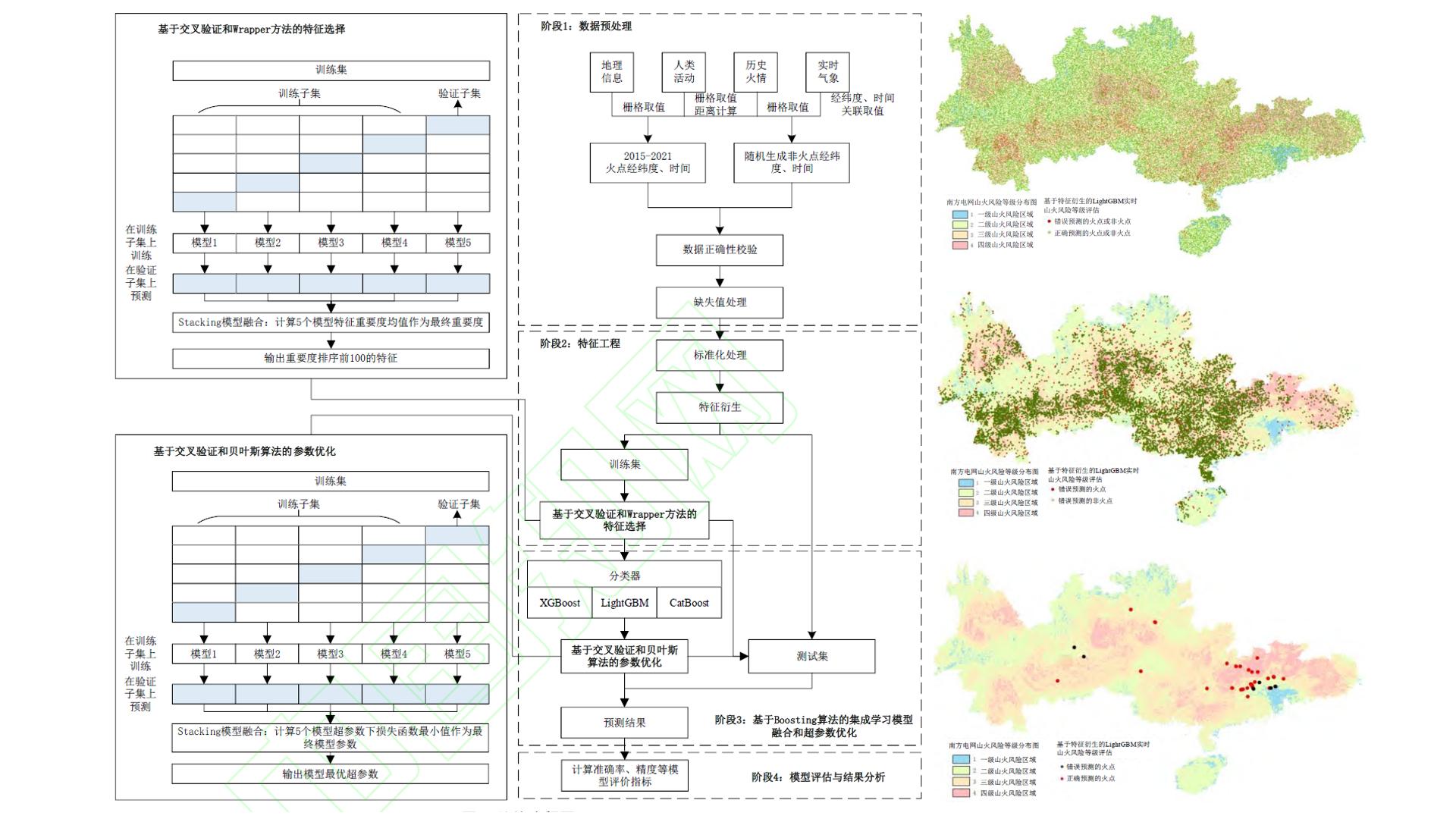| 2024 |
 | MADA: Mask Aware Domain Adaptation for Open-set Semantic Segmentation
Keying Zhang
AAAI Conference on Artificial Intelligence (AAAI) 2024 Workshop Accepted Poster
Addresse open-set semantic segmentation by efficiently adapting the model to the target domain with significantly limited training samples. It effectively preserves the model's open-set capacity and performance. The approach includes a Mask-Aware module to explore correlations between visual/mask space and feature space, a Structure Consistent module for stabilizing learning and maintaining generalization, and an efficient optimization solution.
[paper] |
 | iBALR3D: imBalanced-Aware Long-Range 3D Semantic Segmentation
Keying Zhang, Ruirui Cai, XinqiaoWu, Jiguang Zhao, Ping Qin
AAAI Conference on Artificial Intelligence (AAAI) 2024 Workshop Accepted Oral
Propose iBALR3D, a novel method for semantic segmentation tasks of point clouds. It addresses the challenges of imbalanced data and long-range distribution in real-world transmission line scenarios. iBALR3D incorporates a contrastive learning algorithm, adaptive spatial encoding module, and sampling strategy to prioritize junctional regions in long-range space and learn distinctive representations for different classifications. Also introduced a new dataset, 500KV3D, for evaluation purposes.
[paper] |
| 2023 |
 | A Real-time Wildfire Risk Assessment Model for Transmission Corridors Based on Feature Engineering, Ensemble Learning and Model Fusion(Chinese)
Keying Zhang, XinqiaoWu, Jiguang Zhao, Lan Liu, Ping Qin, Hao Wang, Tanbochi Zhan
Power System Technology 2023
China Southern Power Grid International Technology Forum 2022 (Best Paper Award in Disaster Prevention)
Wildfires can readily lead to the tripping of overhead transmission lines, posing a threat to the stable operation of the power grid. This paper introduces a real-time model for assessing bushfire risk along transmission corridors, utilizing feature engineering and Boosting algorithms.
[paper] |
| Thesis |
 | Graph Similarity Computation
Keying Zhang
Thesis(Scored 80), Master of Science, King's College London, 2020
Propose a novel framework to address the challenging graph similarity problem, combining many state-of-the-art graph embedding methods with simple machine learning models, significantly accelerate graph similarity calculation while preserving satisfactory performances.
[paper] |
 | Material Big Data Distributed Processing System Design and Implementation(Chinese)
Keying Zhang
Thesis(Excellent Thesis Award), Bachelor of Engineering, Guizhou University, 2019
Initially, the work establishs a container cloud platform based on Kubernetes and relevant monitoring tools, then devises a distributed algorithm employing the MapReduce concept and integrate it into the platform. The distributed algorithms significantly boost efficiency in materials science computations. Subsequently, recognizing the limited attention paid to Quality of Service (QoS) aspects in current adaptive systems, introduce a self-scaling solution that balances QoS and cost considerations. This approach leverages moving averages to autonomously predict material task requests and optimize cloud resource workload units by weighing cost and delay factors. Given the time taken to initiate virtual machines or container work units, proactive resource scaling based on predicted demand elevates the efficiency of cluster resource scheduling. Expanding on the auto-scaling mechanism for cloud resources, propose an adaptive algorithm utilizing the Q-learning ε-greedy approach to maximize cloud resource utilization. This algorithm identifies the most suitable scheduling server for virtual machines or container work units and places idle servers into a sleep state, thereby enhancing cluster resource efficiency.
[paper] |





